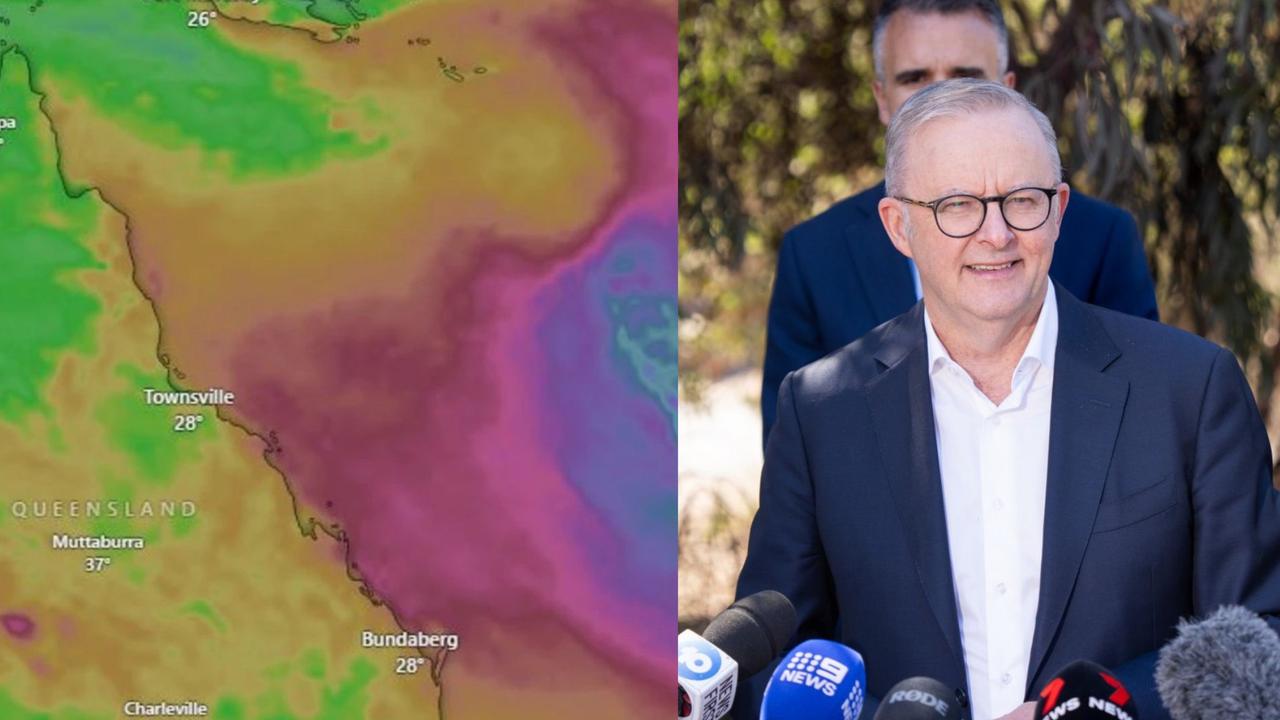‘Biohazard’: ‘Rotting flesh’ washes ashore on Tasmania’s Bruny Island
Locals claim pristine Tasmanian beaches are being overrun by a disgusting “biohazard”, sparking outrage and urgent calls for action.
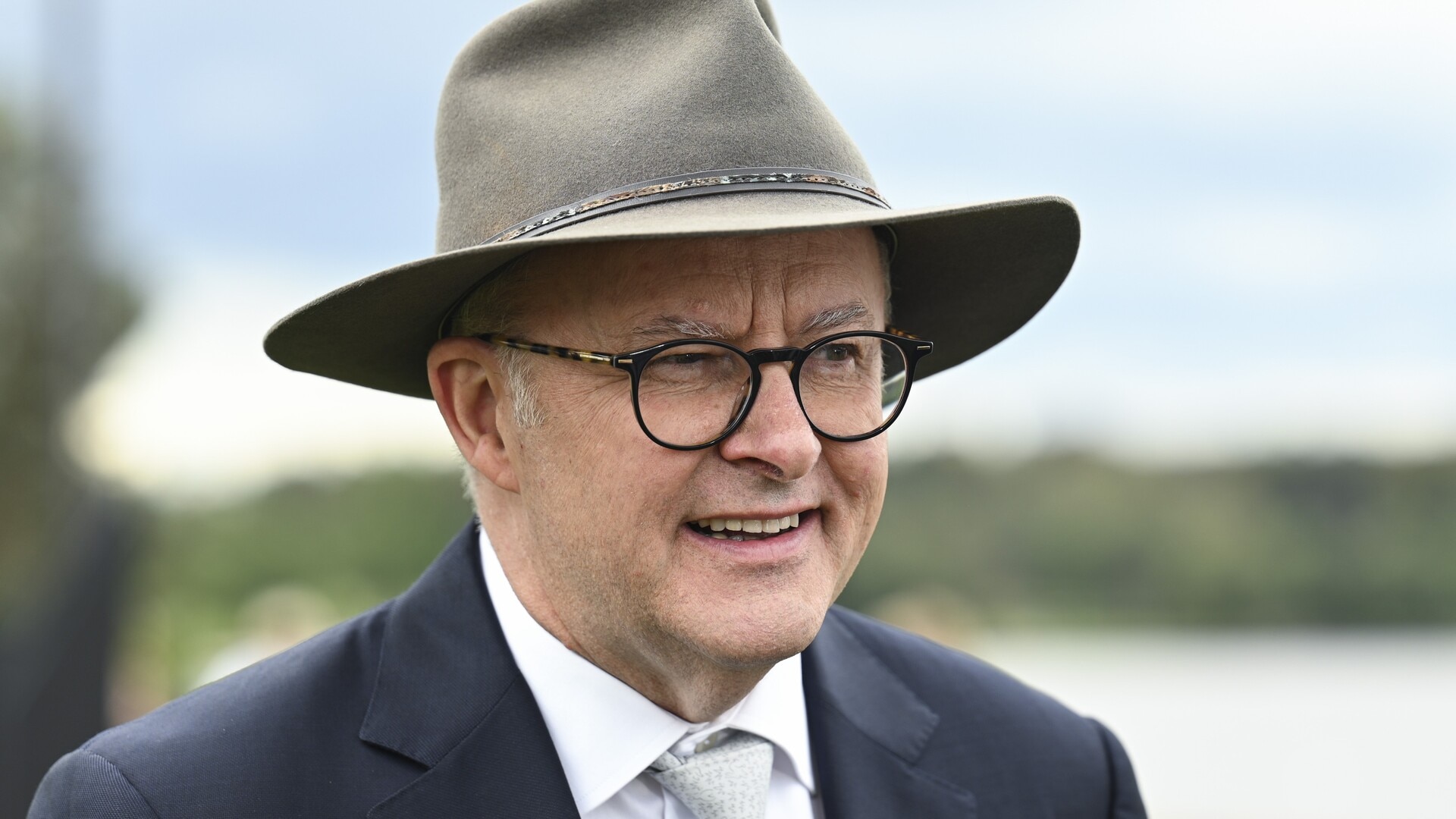
Supposed fat clumps and “rotting flesh” have contaminated Bruny Island’s pristine beaches because of this one industry, activists claim.
The Bob Brown foundation alleges industrial, biological waste from nearby fish farms has now hit the shores of Bruny Island, less than an hour south east of Hobart.
Bruny Island residents have supplied shocking new images of beaches littered with salmon fat, and whole salmon carcasses to the Bob Brown Foundation.
The Bob Brown Foundation is now demanding the EPA and the Tasmanian Government to shut down alleged disease-affected farmed salmon leases before the issues spreads.
“This is now solid proof that the industry has completely lost control of the disease outbreak that is causing so much death and suffering on these factory fish farms,” Antarctic and Marine campaigner at Bob Brown Foundation Alistair Allan said on Friday.
“This time, the entire length of a pristine beach on Bruny Island is covered in salmon fat, with the disgusting addition of whole salmon carcasses washing up too.”
Mr Allan said the situation is not just unpleasant to look at, but a “huge biosecurity breach”.
“These are animals that have been killed by bacteria,” he said.
“The EPA must act.
“They can no longer tell the public that they are looking into it – action is urgently required.
“The EPA should shut down all these farms and investigate immediately.”
In a statement, while not directly addressing the recent instance at Bruny Island, Tasmania’s EPA said it was investigating “biological material washed up on Verona Sands beach last weekend.”
Verona Sands is a small coastal town on Tasmania’s mainland, located northwest of Bruny Island across the D’Entrecasteaux Channel.
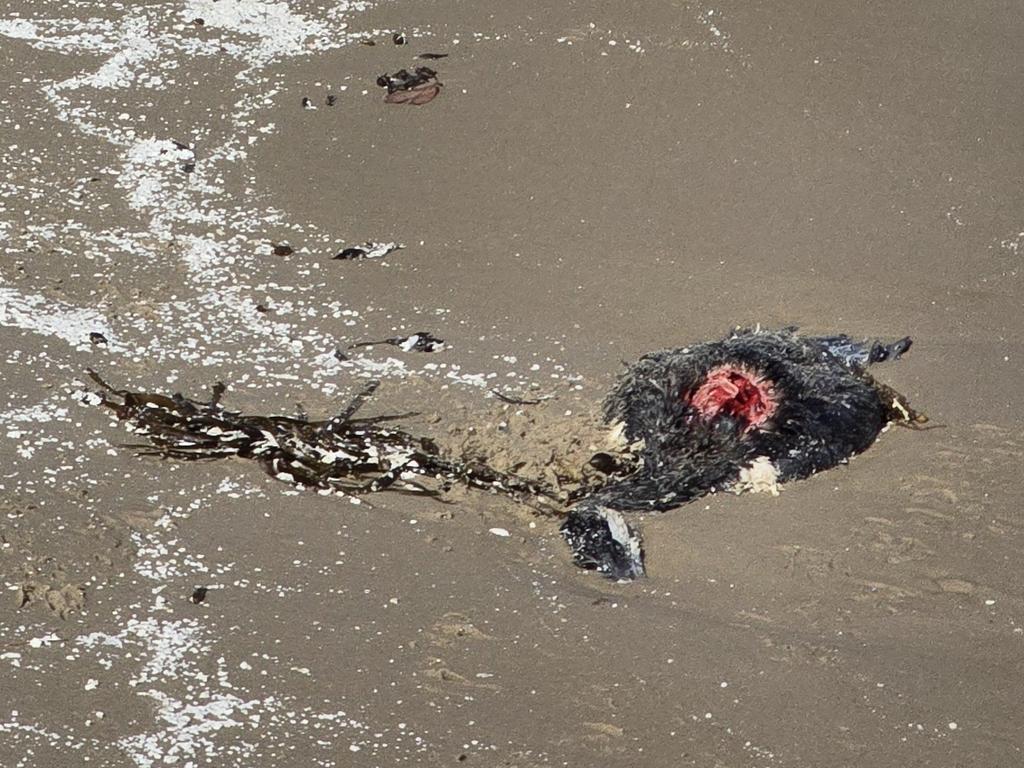
The EPA added: “Huon Aquaculture Company proactively coordinated initial clean-up efforts around Verona Sands, and the material has been disposed of at an EPA approved facility.”
“Salmon companies will be visiting beaches around the southern channel (which includes Bruny Island) area this weekend and collecting material that they find.
“Samples collected by the EPA have been analysed and interim laboratory results indicate the material to be fish oil, likely derived from the elevated fish mortalities that have been affecting multiple pens at Tasmanian fish farms over recent weeks.
“The interim laboratory results on the material do not indicate presence of the antibiotic medicine currently being used to treat a bacterial fish disease that is endemic in Tasmanian coastal waters.”
Mr Allan said government inaction on salmon farm waste is “risking Tasmania’s huge tourism industry and the thousands of people it employs.”
“Bruny Island is a tourism hotspot for Tasmania. It is one of the jewels of our world-renowned, unique environment,” Mr Allan said.
“The Tasmanian Government cannot let visitors to our state walk amongst salmon fat and dead salmon on their visits to this pristine place.
“These salmon deaths are a devastating blow to the clean green image of Brand Tasmania.”
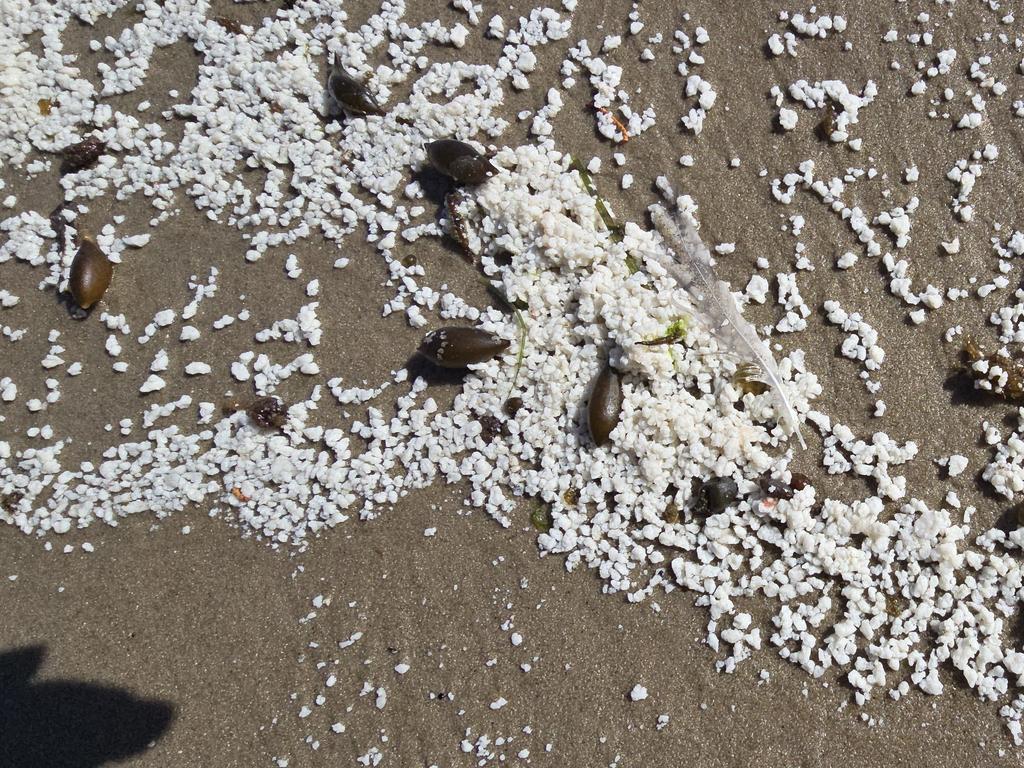
The problem could be spreading to other Australian coastlines as the government continues to back salmon fisheries, according to SIX co-founder and chief executive Adam Verwey.
“The government is too focused on buying votes, and not focused enough on ensuring that the multinational companies operating salmon farms are doing it in a sustainable way,” Mr Verwey said to News.com.au.
“We’ve seen similar scenes in Macquarie Harbour (in Tasmania’s west) with over a thousand tonnes of dead salmon.
“These overseas salmon companies are polluting the waterways so much that even their own salmon are dying.”
Mr Verwey said this is the same salmon that sits at major super markets “with sustainable labels plastered over it”.
“The supermarkets are relying on the Prime Minister to greenwash their salmon supply, because the actual experts wont do it.
“No Australian based certifier is willing to say that Macquarie Harbour salmon is sustainable.”
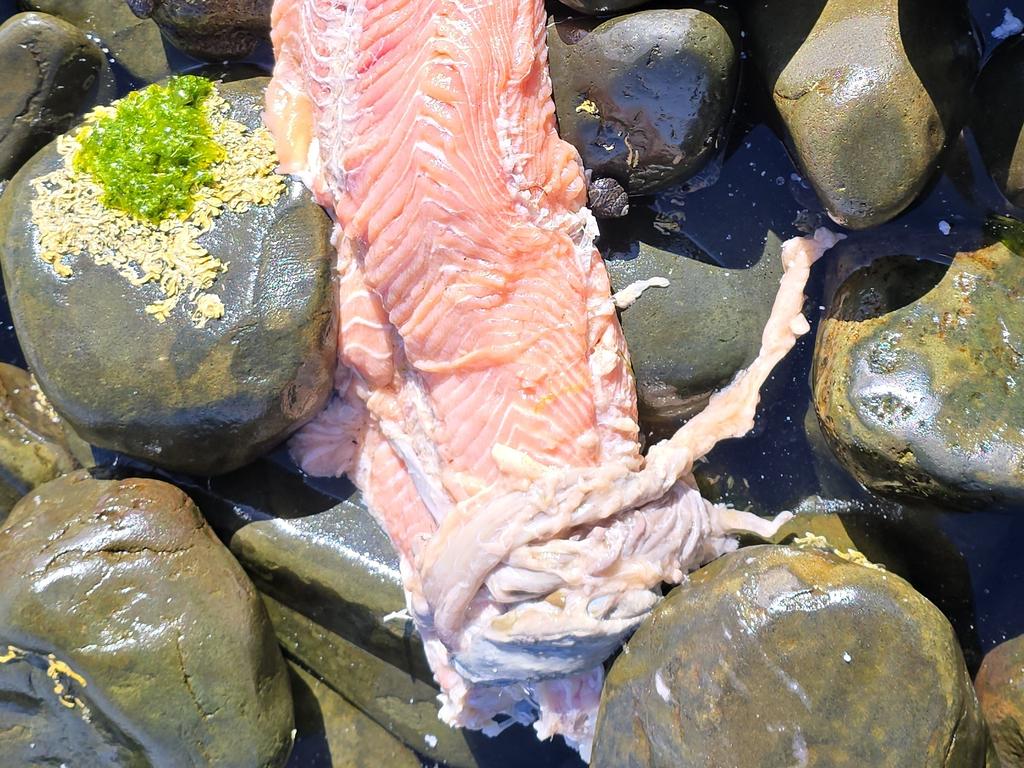
The impact of the salmon fisheries spread beyond the impact to the Mangean Skate, and negatively impacts World Heritage sites, according to Director of The Australia Institute Tasmania Eloise Carr.
“The science is clear: salmon operations affect water quality in many coastal habitats and are primarily responsible for severe oxygen depletion in Macquarie Harbour, one-third of which is World Heritage listed,” she said in a statement.
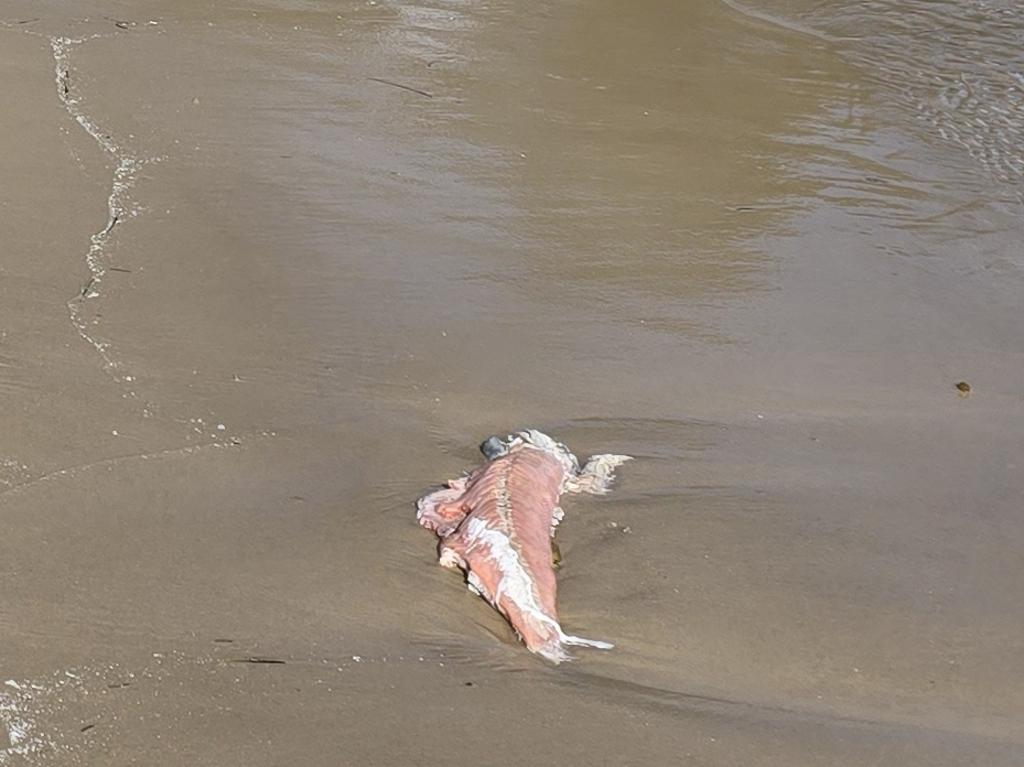
The industry is also less crucial to the Tasmanian economy than previously thought, according to critics.
“The industry is using indirect employment to exaggerate its importance,” The Australia Institute research director Rod Campbell said.
“This approach has been criticised by both the ABS and the Productivity Commission as being unrealistic, particularly in small regional economies, such as Tasmania’s west coast.”
Less than 1 per cent of jobs in Tasmania are from the salmon industry, according to the Australian Bureau of Statistics.
Australian Tax Office data also shows that the three main salmon companies sold over $7 billion worth of fish but paid just $51 million in corporate tax over the last nine years.





